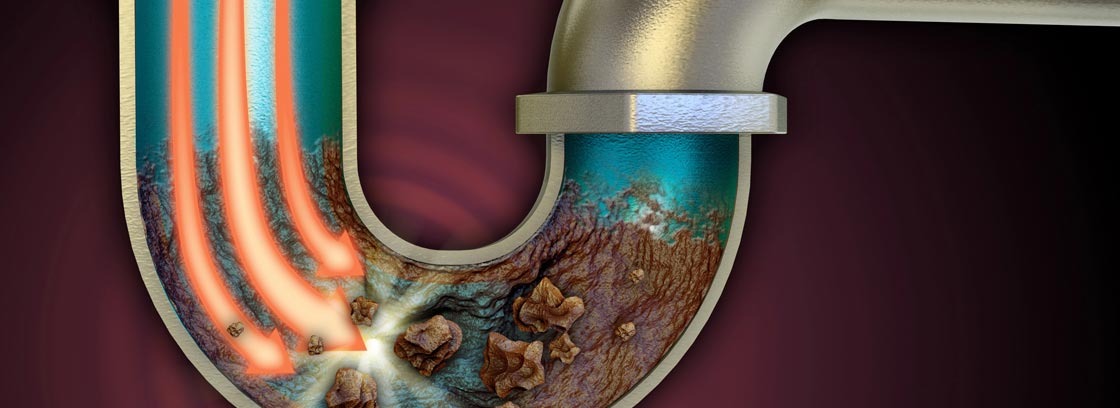Drainage Disasters and How a Residential Plumber Can Help
Drainage problems have many causes, but one major result. They become major interruptions to everyday activities, things that we take for granted until they come to a screeching halt. It is hard to use water for bathing, toilets, cleaning, and cooking if the water we use has nowhere to go. It is best to be prepared by having a professional residential plumber on standby for plumbing emergencies.
Drainage problems come in differing intensities, from a slow drain to a severe blockage, and differing water types—black water comes from the toilet and any water it mingles with, while gray water results from cleaning and bathing. But the entire network of drainage pipes is interconnected, so a problem in one location often results in problems developing elsewhere.
When blockage prevents black or gray water from draining away, the usual result is an overflow into habitable spaces, creating a mess and a health hazard. Let’s look at several types of drain backups, some potential solutions, and what to do about the situation.
Kitchen Backups
The worst things to put down a kitchen sink are fats, oils, and grease. These substances may be liquid when they enter the drain, but solidify when they cool, coating the lower surfaces with a sticky mess. Adding hot water only pushes the fatty solids further down the drain. The solution is to avoid dumping oily foods down the drain.
Garbage disposals seem to permit homeowners to put more and more food items down the drain, and this is not generally a healthy option. Adding fibrous food to the sticky coating is a recipe for a drain disaster. Composting or disposing of food waste in the trash is a better option for your drainage network.
Bathroom Backups
Backups in toilets usually result from flushing the wrong objects.
– People accidentally drop all kinds of things in the toilet just as they pull the handle. That includes small electronics, clothing, and toiletry containers.
– Small people drop all kinds of things into the toilet because they do not know the consequences. That includes toys, clothing, and anything else they find lying around.
– Actually, flushable wipes should not be flushed. They do not dissolve well and can create clogs.
Sinks, tubs, and showers constantly receive soap hygiene products, which tend to be sticky. They help collect other items, primarily hair. If a family member has long hair, consider a drain screen in the sink, tub, and shower.
Outdoor Backups
Drainage problems outdoors are no less serious than indoor backups; outdoor problems can lead to major drainage problems indoors.
– Sewer drain lines reach from the home to the municipal or sewer utility main line. Although they are usually buried deep beneath the surface, they are subject to movement and potential breakage.
– Any flaw in the drain line pipes or connections is an invitation to root invasion from nearby trees or shrubs. Roots find just the thing they are looking for—nutrient-packed water in great supply. Before long, the entire drain line is packed with roots, obstructing the entire diameter.
– Drainage systems around pools and hot tubs can also experience backup problems. In addition to the roots that can invade, debris, such as leaves or small branches, can be trapped and cause a backup.
– Stormwater on personal property can also create serious problems. Heavy rainfall can create localized flash flooding, erosion, and sewer system backups.
When these problems arise, it is best to call a Residential Plumber at Doctor Cool Plumbing Services.
Blocked Drains Got You Down? Call Doctor Cool’s Residential Plumber Team
Let Doctor Cool assist with all of your questions about Residential Plumber Repairs. Call Doctor Cool & Professor Heat today at 281-338-8751 or email Doctor Cool and let our professional residential plumber teams assist with all of your plumbing repair needs.

